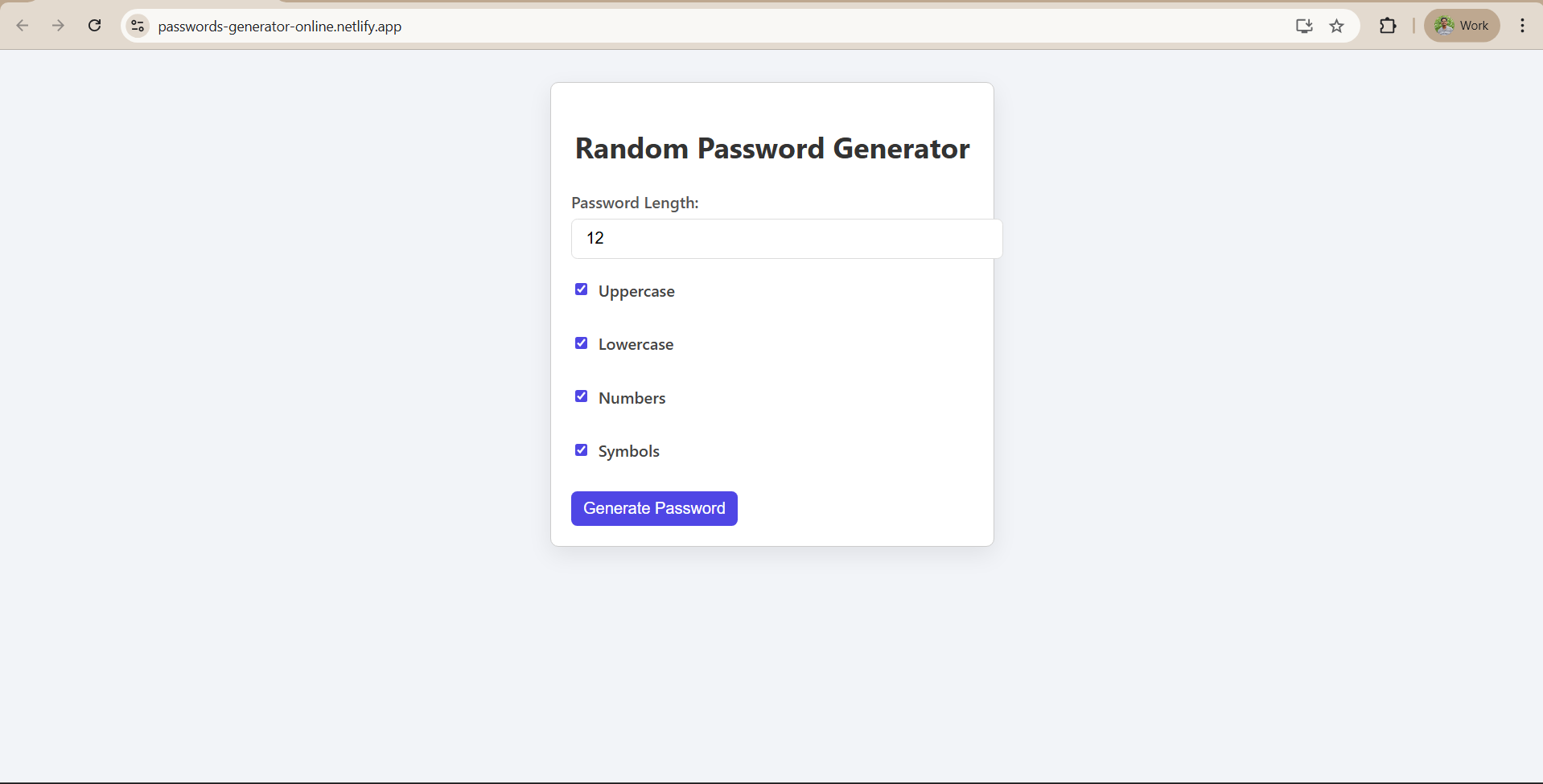Comparison Operators and Logical Operators in Cpp
Comparison Operators and Logical Operators
Equal to (==):
Checks if two values are equal.
int a = 5;
int b = 5;
if (a == b) {
// Code to execute if a is equal to b
}Not equal to (!=):
Checks if the two values are not equal.
int a = 5;
int b = 7;
if (a != b) {
// Code to execute if a is not equal to b
}Greater than (>):
Checks if the left operand is greater than the right operand.
int a = 7;
int b = 5;
if (a > b) {
// Code to execute if a is greater than b
}Less than (<):
Checks if the left operand is less than the right operand.
int a = 5;
int b = 7;
if (a < b) {
// Code to execute if a is less than b
}Greater than or equal to (>=):
Checks if the left operand is greater than or equal to the right operand.
int a = 7;
int b = 5;
if (a >= b) {
// Code to execute if a is greater than or equal to b
}Less than or equal to (<=):
Checks if the left operand is less than or equal to the right operand.
int a = 5;
int b = 7;
if (a <= b) {
// Code to execute if a is less than or equal to b
}B. Logical operators
AND (&&):
Returns true if both the left and right operands are true.
int a = 5;
int b = 7;
if (a > 0 && b > 0) {
// Code to execute if both a and b are greater than 0
}OR (||):
Returns true if either the left or right operand is true.
bool isTrue = true;
if (!isTrue) {
// Code to execute if isTrue is false
}NOT (!):
Reverses the logical state of an operand.
// Example of clear and readable conditional statement
if (userAge >= 18 && userSubscription == "Premium") {
// Perform actions for premium users above 18 years old
}Combining logical operators:
Logical operators can be combined to form complex conditions.
Understanding and effectively using comparison and logical operators allows programmers to make decisions based on conditions and create more complex expressions for decision-making in their code.
Ternary Operator
A. Syntax and usage
The ternary operator in C++ has the following syntax: condition ? value1 : value2
The condition is evaluated, and if it is true, value1 is returned. Otherwise, value2 is returned.
It is a concise way to make decisions based on conditions.
B. Evaluating conditions concisely
The ternary operator is helpful when evaluating conditions and concisely assigning values.
Using the ternary operator allows you to evaluate conditions and assign values concisely and readably. It simplifies decision-making in your code and can be a handy tool for compact conditional expressions.
Best Practices for Decision-Making in C++
A. Clarity and readability
Use meaningful variable and function names to enhance understanding.
Write clear and concise conditional statements to improve code readability.
Add comments to explain the purpose and logic of complex decision-making code.

B. Efficient code execution
Arrange conditions in an order that optimizes performance, considering the most frequently occurring cases first.
Avoid unnecessary nesting of if-else statements and use logical operators to simplify complex conditions.
C. Handling edge cases
Consider all possible scenarios and ensure your decision-making code accounts for edge cases.
Test your code with various inputs, including boundary values, to verify its correctness and handle unexpected situations gracefully.
By following these best practices and incorporating them into your decision-making code, you can improve the clarity, efficiency, and reliability of your C++ programs.
These practices enhance code maintainability and reduce the risk of bugs or unexpected behavior.



























